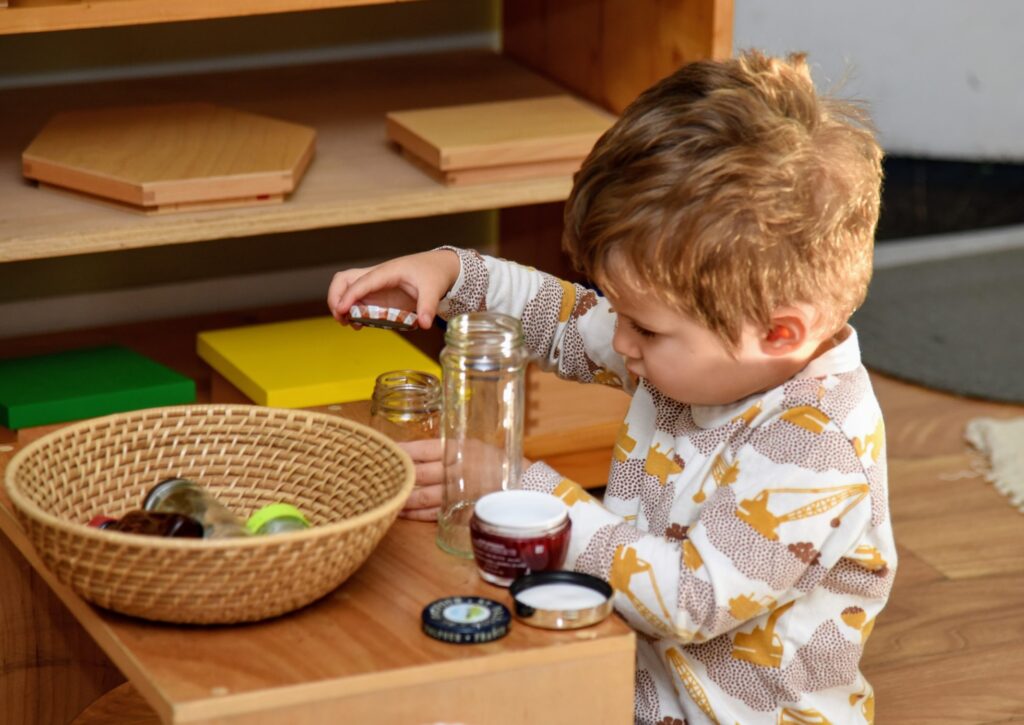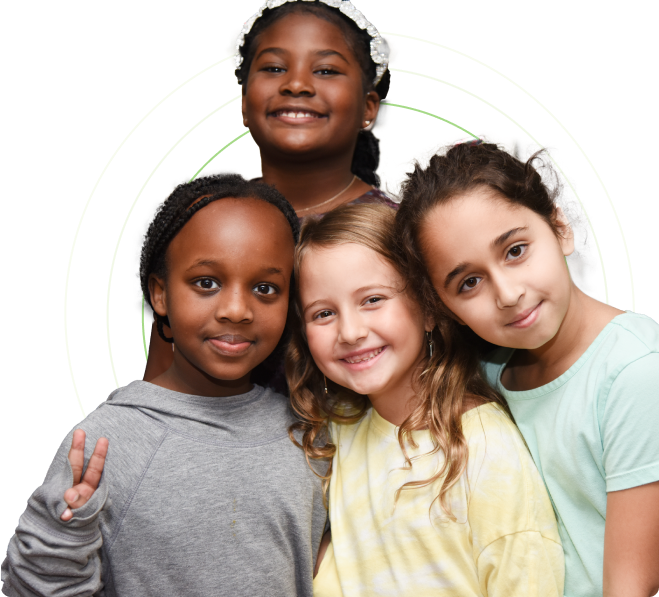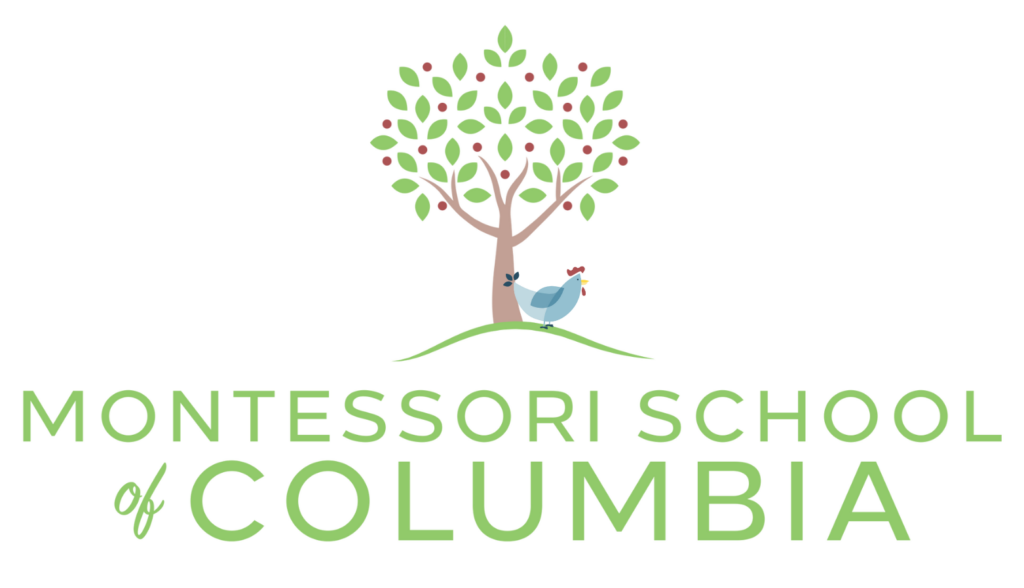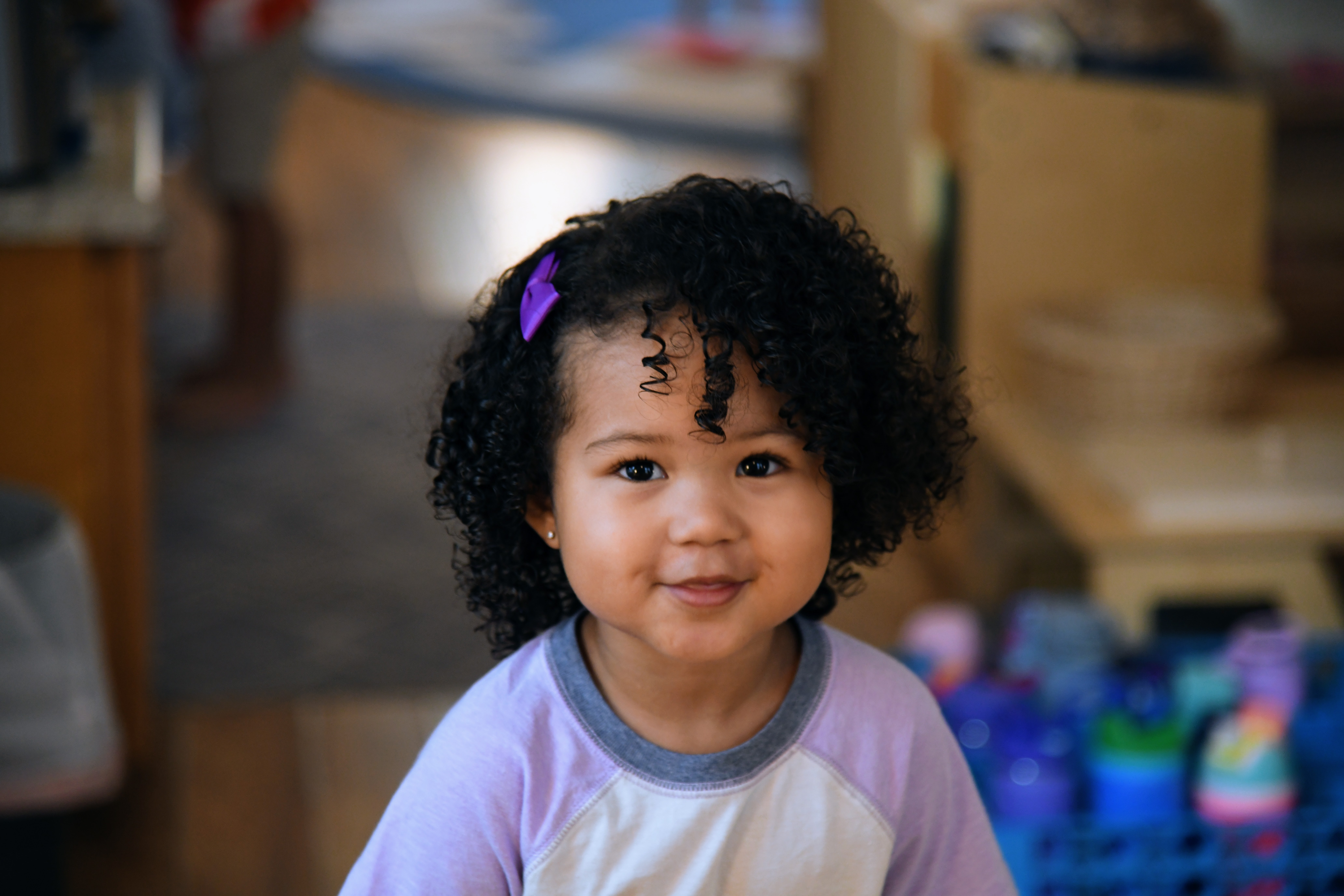"It is not true that I invented the Montessori Method... I have studied the child; I have taken what the child has given me and expressed it, and that is what is called the Montessori Method."
- Maria Montessori







"It is not true that I invented the Montessori Method... I have studied the child; I have taken what the child has given me and expressed it, and that is what is called the Montessori Method."
- Maria Montessori
How is Montessori Different?
Understand how Montessori distinguishes itself from traditional methods to provide optimal learning experiences.
Parents can be lured into traditional schooling methods almost unconsciously. Since it’s what most people around them choose, they end up going the same route. What you may not know – until now – is that there’s a method out there determined to teach the whole child, in all the aspects necessary to become a respectable and successful citizen of the world.
But how does Montessori do that? And what does it mean?
Teaching the whole child means working with the child’s pre-existing abilities to achieve greatness on an intellectual, physical, and emotional level. We provide just enough freedom for them to develop a strong sense of autonomy and responsibility, eventually helping their classmates with tasks they have already mastered. We give them specific tasks and individual attention to make sure they’re being challenged at the highest level.
The Montessori student has enough confidence and willpower to select their tasks, manage their time, perform hands-on activities, and exercise their critical thinking. All of this is enabled by our teachers, a Prepared Environment, and, of course, a deep level of trust in the Montessori method.
Montessori Education vs. Traditional Education
The Montessori Curriculum seeks to awaken the full potential of your child through several practices and tactics that’d be hard to find in conventional institutions. How we differentiate ourselves from traditional learning methods is the foundation for all of our education programs: Primary, Lower Elementary, Upper Elementary, and Middle School.
Montessori | Traditional |
|---|---|
Individualized learning plans | Same learning schedule for every student |
Hands-on activities | Majority of theoretical tasks |
Freedom of movement and choice | Children sit at all times. Permission is required to go to the bathroom |
Students manage their own tasks and the time they spend doing it | Strict deadlines |
Teachers are watchful guides. Never oppositors | Teachers are constantly correcting and possibly reprimanding |
Focus on inner motivation: the conclusion of the task itself it’s the biggest reward | Focus on external motivation: the big reward is an allowance, candy, etc. |
What Makes Montessori Stand Out
The Montessori experience is full of fun discoveries and meaningful tasks, with a spirit of community throughout. This engaging and productive safe space can be a reality mainly because we believe that children can teach themselves. We just provide the right tools and guidance in order for them to do it.
Teachers are Watchful Guides
The main role of the Montessori Teacher is that of an observant educator. They’re constantly taking notes about your child’s levels of interest in subjects, time spent in activities, overall behavior, and more.
Keeping track of all of that enables our teachers to provide tasks that will entice the curiosity and energy of your child. They will respect the time needed for each task and will resort to one-on-one talks about progress only when necessary, letting the child free to explore their options
Respect for the Child’s Individuality
Just as every child has their own set of skills waiting to be engaged and improved, they also have their own pace for learning. Respecting that timing is crucial to our process. Every learning plan we provide is based on your child’s specific needs, preferences, and behavior. In other words, quickness is no more important than comprehension, and, most importantly, the desire to learn.
Hands-on Tasks
Our Montessori work cycle has a deep appreciation for hands-on tasks. With the help of outdoor activities and Montessori materials – our special set of learning tools – your child will get to work and break a sweat in the best of ways. They’ll learn to achieve their goals through observation, manipulation, and repetition. The materials are designed so that the child can identify their mistakes and subsequently fix them by themselves.
Outdoor Activities
What our campus has to offer goes beyond the traditional classroom. We’re used to saying that our external surroundings here at MSC are our “living textbook”, and your child will get in touch with this concept first-hand. Gardening, outdoor reading, and recycling are some of the activities that take place outside. These classes often serve as practical ways to reinforce what students learn back in the internal classroom as well.
Prepared Environment
The atmosphere in our mixed-age classrooms is always appealing yet challenging, creating an environment tailored to make your child want to learn. Our classrooms are clean, accessible, and full of child-sized furniture and utensils that students can interact with and feel comfortable using. Everything has its place, and your child will perceive the organization and purposefulness of the room as a standard for other aspects of their lives.
Building a Healthy Community
Building a healthy community atmosphere is one of the most important – and fun – segments of the Montessori experience. Since our classrooms are mixed age, we constantly get to see older students looking after the younger, serving as grounded role models to look up to. Older students also benefit from seeing the effort put into tasks by younger classmates, developing a strong sense of gratitude for what they already accomplished.

Where Next? Why Choose Montesorri
A major reason parents seek a Montessori education for their children is because of the critical importance of early childhood. Experiences such as self-reflection, responsibility, independence, and cultural diversity can have a formative impact on your child – they’re also core Montessori principles.



